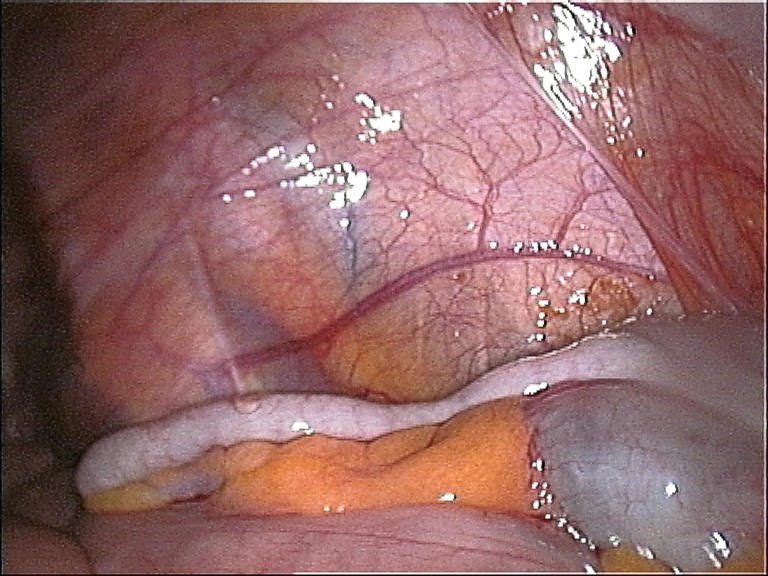The most common reason children go to hospital for emergency surgery is for appendicitis, but diagnosing the disease remains problematic. The symptoms are not always clear and can be mistaken for other common conditions.
 Data show that up to a third of children have their appendix removed when they don't actually need to, and up to 45% of the time the condition is only diagnosed after the appendix has already ruptured, which can be very dangerous. Now, scientists have invented a possible new urine test that may offer hope for a more reliable way of diagnosing when someone has appendicitis.
Data show that up to a third of children have their appendix removed when they don't actually need to, and up to 45% of the time the condition is only diagnosed after the appendix has already ruptured, which can be very dangerous. Now, scientists have invented a possible new urine test that may offer hope for a more reliable way of diagnosing when someone has appendicitis.
Publishing in the Annals of Emergency Medicine, Richard Bachur from the Children's Hospital Boston in the US, led a team of researchers who discovered the presence of particular proteins in urine that can reliably detect appendicitis.
The team took urine samples from various children in hospital, some had appendicitis, some didn't and some had undergone surgery to remove their appendix. The samples were then analysed using a mass spectrometer, a very precise way of identifying what molecules are present.
They found 57 potential chemicals, or biomarkers, that were in the urine of patients that had appendicitis, including many proteins that are known to be associated with immune response and inflammation, which explains why they are present in the urine of people with this acute infection.
Bachur and the team then tested for these proteins in the urine of 67 children in hospital with suspected cases of appendicitis. Of those, 25 turned out to actually have appendicitis but it was a blind test so the researchers testing the urine didn't know whether or not the patient had the condition.
That led the team to identify 7 possible biomarkers including one called leucine-rich alpha-2-glycoprotein or LRG, which was found in the urine of patients in varying amounts depending on the severity of the appendicitis: the worse the case of appendicitis, the more LRG in the urine. And LRG led to very few wrong diagnoses, either by missing the condition or diagnosing it in a patient who didn't actually have it.
Now that LRG has been identified as a possible biomarker, it should be possible to develop a simple test for it, like a urine dipstick - the lab on a chip type technology that is simple to use and can be relatively affordable.
Bachur and the team are now planning to continue their research and refine their studies of the LRG urine tests and hope that it might not be too long before this could be another tool available to help improve the early diagnosis of appendicitis.
- Previous A rush of blood to the head
- Next Serial killer sharks










Comments
Add a comment